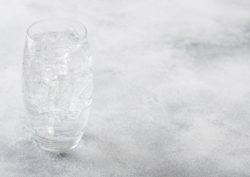 A woman has filed a LaCroix lawsuit alleging the sparkling waters contain both synthetic and natural ingredients.
A woman has filed a LaCroix lawsuit alleging the sparkling waters contain both synthetic and natural ingredients.
Plaintiff Lenora Rice says that even though the list of ingredients on LaCroix beverages includes only carbonated water and natural flavor that the drinks are “manufactured using non-natural flavorings and synthetic compounds.”
Rice alleges in the LaCroix lawsuit that ethyl butanoate, limonene, linalool and linalool propionate are among the synthetic chemicals added to the sparkling waters to enhance their smell or taste.
LaCroix sparkling water is available in a variety of flavors. In the Chicago area, a a new flavor was introduced that eventually rolled out across the country. “NiCola” flavor – also labeled as “LaCola” – is available. LaCroix says it is “The first of its kind, a revolutionary experience… Natural cola essence sparkling water completely Innocent!”
The web page goes on to say “0-Calorie; 0-Sweetener; 0-Sodium = INNOCENT!”
The FDA currently does not regulate the use of the word “innocent,” but LaCroix markets its line of sparkling waters as “all natural.”
LaCroix Lawsuit Allegations
According to an article on foodnavigator-usa.com, the flavors of LaCroix sparkling waters can be naturally occurring substances, but they also can be synthetically created.
LaCroix claims the company uses only natural ingredients.
According to the FDA, “The term natural flavor or natural flavoring means the essential oil, oleoresin, essence or extractive, protein hydrolysate, distillate, or any product of roasting, heating or enzymolysis, which contains the flavoring constituents derived from a spice, fruit or fruit juice, vegetable or vegetable juice, edible yeast, herb, bark, bud, root, leaf or similar plant material, meat, seafood, poultry, eggs, dairy products, or fermentation products thereof, whose significant function in food is flavoring rather than nutritional.”
Rice’s LaCroix lawsuit alleges the sparkling waters contain the following synthetic compounds:
- Ethyl butanoate that can be derived naturally, but also can be created synthetically. It is commonly used as an artificial flavoring added to give the smell of fresh orange juice.
- Limonene, which is a chemical component of oil found in the peels of citrus fruits, but allegedly might be linked to toxicity in the kidneys and the creation of some cancers. Limonene is often an ingredient in cleaning supplies.
- Linalool, which is considered a chemical intermediate that is often added to insecticides that pest professionals use to get rid of fleas, fruit flies and cockroaches. Linalool is added to soaps, detergents and lotions to add a spicy or floral scent.
National Beverage Corp. makes LaCroix, and issued a statement saying the LaCroix lawsuit allegations are “false, defamatory and intended to intentionally damage Natural Beverage and its shareholders.”
Rice alleges National Beverage violates the Illinois Consumer Fraud Act and accuses the company of breach of express warranties and unjust enrichment. The LaCroix lawsuit was filed one month after National Beverage released sales figures noting it had passed $1 billion in revenue. Rice alleges the company’s revenue was made by tricking consumers into believing its sparkling waters are made of all natural ingredients.
The LaCroix Class Action Lawsuit is Rice et al. v. National Beverage Corp., Case No. 2018CH12302, in the Circuit Court of Cook County.
ATTORNEY ADVERTISING
Top Class Actions is a Proud Member of the American Bar Association
LEGAL INFORMATION IS NOT LEGAL ADVICE
Top Class Actions Legal Statement
©2008 – 2025 Top Class Actions® LLC
Various Trademarks held by their respective owners
This website is not intended for viewing or usage by European Union citizens.



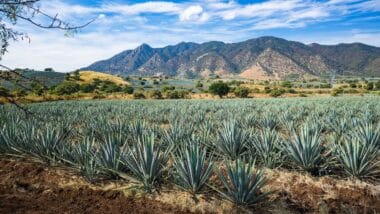
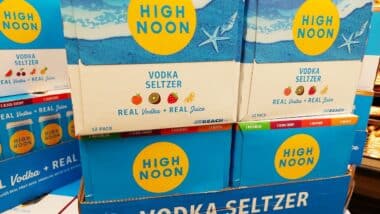
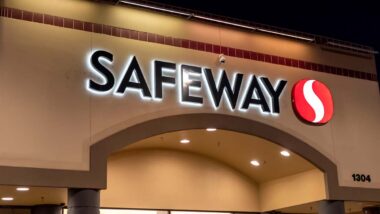

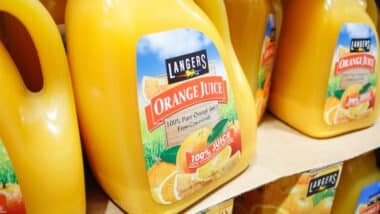






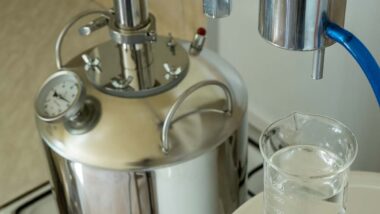
97 thoughts onLaCroix Lawsuit Alleges Sparkling Water Contains Both Synthetic and Natural Ingredients
Add me I buy this all the time, Not now I Won’t
Add me please.
Add me please.